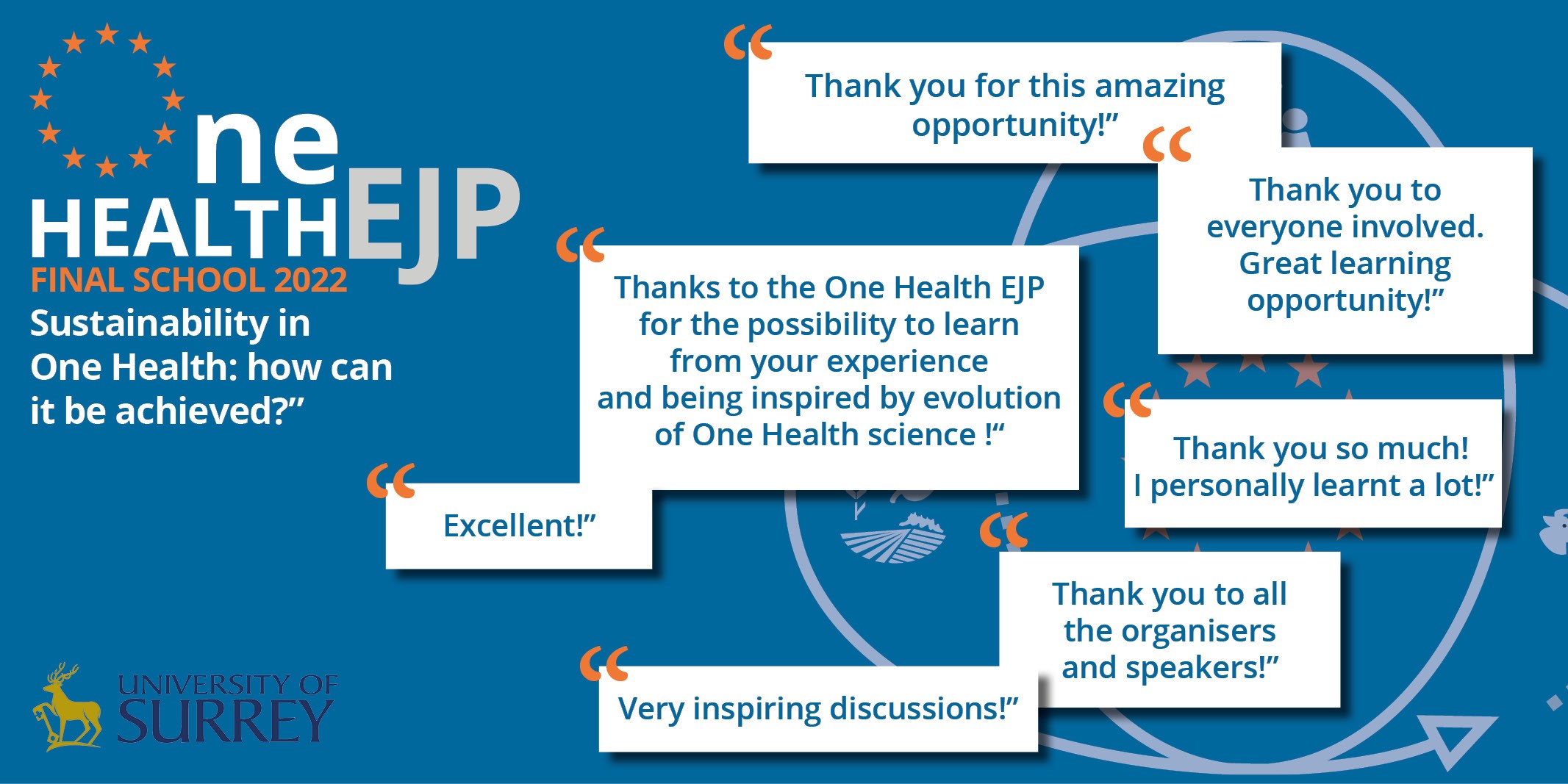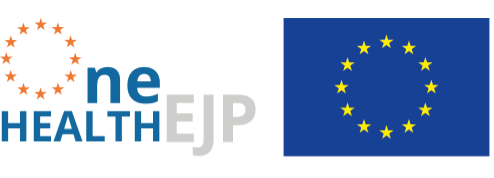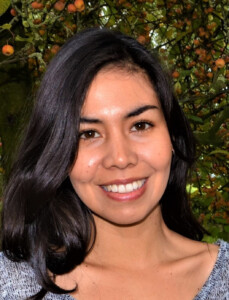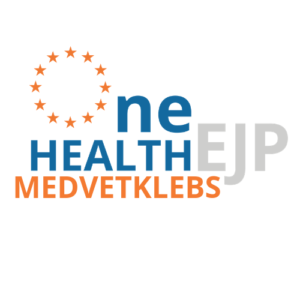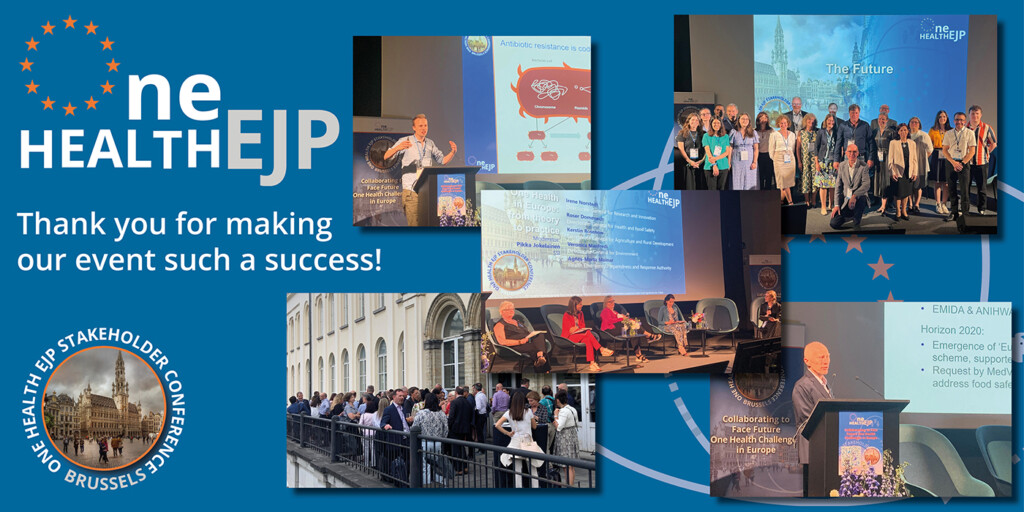Fantastic One Health EJP Final School 2022!
The One Health EJP Summer Schools have been an important element of our Education and Training plan, delivering training to the next generation of One Health scientists. These international events have successfully shared knowledge and skills and provided networking opportunities for university students and early career researchers across a wide variety of disciplines. We celebrated the conclusion of these outstanding Schools with the Final School held on 5-7th December 2022, the OHEJP Final School 2022.
The One Health Final School 2022 was an online event with the theme of “Sustainability in One Health – how can it be achieved?” organised and hosted by the University of Surrey. Our event was registered as a “One Health Day” event for 2022 to reach a wider audience. In total, 246 scientists from 56 countries across the globe participated, spanning regions of Europe, Asia, the Middle East, Africa, Australia, and the North, South and Central Americas. These figures were the highest recorded for any One Health EJP training event! Registered attendees came from a wide range of educational backgrounds and disciplines. These included veterinary, medicine, engineering, chemistry, pharmaceuticals, toxicology, epidemiology, ecology, agriculture, economics, nutrition, and environmental, social, and biological sciences.
This event focused on sustainability, since it is at the centre of the One Health approach to optimise the health of people, animals, plants, and ecosystems. The five years of One Health EJP cross-sector research collaborations have developed novel outputs to better prevent, predict, detect, and respond to the global health threats of antimicrobial resistance, foodborne zoonoses and emerging zoonotic diseases. Our Consortium has also advanced education and training in One Health topics. This has been achieved through its progressive Doctoral research programme funding 17 PhD projects and delivery of impactful training activities. During the Final School, we highlighted the importance of these outcomes and applications to benefit the future of One Health. The programme also included aspects of sustainability in relation to policy, science communication, commercialisation, and innovation.
Professor Roberto La Ragione, the One Health EJP Education and Training Leader based at the University of Surrey, provided an enthusiastic welcome and introductory talk. He discussed the role of building extensive One Health networks to share information more widely with society, essential for sustainability. This recommendation was reinforced by several other speakers throughout the 3-day Final School.
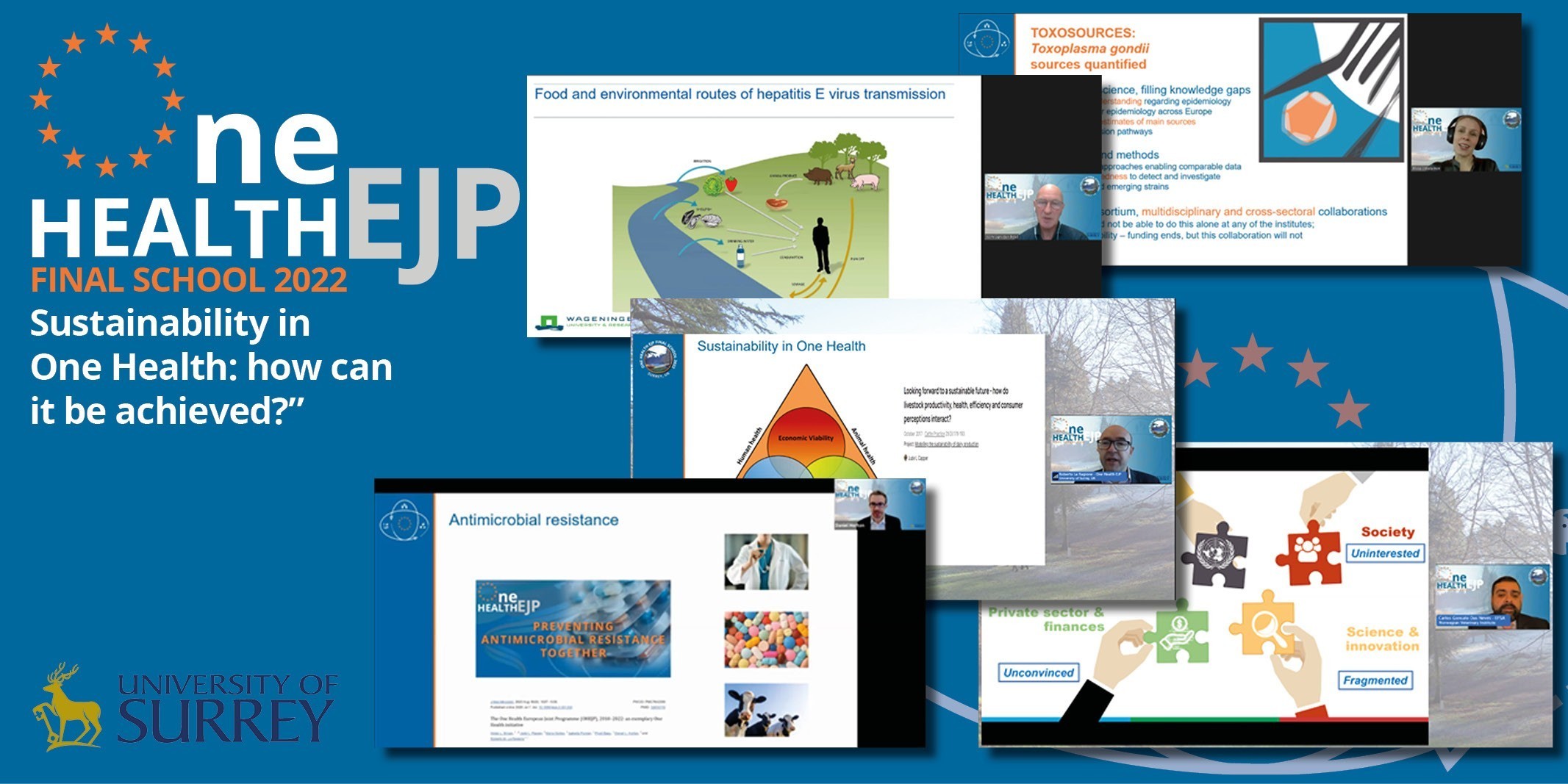
Our wide range of 30 speakers came from 16 institutes across Europe, Australia, New Zealand and Brazil, including those within the One Health EJP and four organisations external to our consortium. Members of the consortium shared information on our innovative One Health scientific activities and training opportunities across our three research domains, in relation to sustainability. They explained how the applications of their work can benefit people employed in public health, animal health and food safety sectors and in general for society. One Health EJP PhD students and researchers funded for Short Term Missions described how these travel awards had enhanced their research and transferable skills for professional development.
Invited speakers from the University of Surrey emphasised the importance of commercialisation of research applications to benefit society and the role of Fellowship funding to assist this process. One session focused on effective communication across different audiences and developing collaborations, essential for generating impact. These speakers shared their insights on how to clearly communicate One Health messages in cross-cultural and multi-lingual environments. Three speakers invited to the policy discussions explained the relevance of science to policy translation. We were delighted to welcome EFSA Chief Scientist, Carlos Gonçalo das Neves, to this session, as he described the improvements required to One Health governance in this post-pandemic era.
Sustainability had its own session since this key theme needed to be specifically addressed. Our One Health EJP Sustainability Deputy leader, Professor Dolores Gavier-Widén, from the Swedish National Veterinary Institute (SVA) advised on adopting sustainable solutions that recognise the influence of ecosystem integrity and biodiversity in One Health issues. Whilst the One Health EJP sustainability strategy will guide stakeholders on using our research outcomes, associated with antimicrobial resistance and zoonotic diseases, to benefit society, the role of the environment in One Health was outside the scope of our programme. During the emerging threats session, some external speakers described how anthropogenic drivers of environmental change, such as habitat degradation, climate change and wildlife trade, affect the epidemiology of zoonoses. Future pandemic prevention depends on recognising the economic value of ecosystem integrity. These discussions demonstrated that multi-disciplinary collaborations are essential to tackle One Health challenges effectively.
Two sessions on antimicrobial resistance (AMR) and foodborne zoonoses were delivered by One Health EJP project leaders and scientists, who discussed the practical applications of this research. These included the development of new diagnostic on-site tools for the detection of AMR markers for zoonotic bacteria; taking a metapopulation approach to analyse the drivers of AMR in French hospitals; using genome sequencing techniques in AMR risk assessment and improving techniques for sequencing of mobile genetic elements for AMR surveillance. The wide range of foodborne zoonotic threats to health provided a diversity of presented topics: Toxoplasma gondii epidemiology, biosecurity measures to control Hepatitis E virus in food production, standardisation and harmonisation of laboratory protocols for detecting specific bacterial and parasitic pathogens, and their subsequent implementation in One Health Surveillance.
Session Chairs and attendees engaged in lively questions and answers with speakers after the presentations, which led to further valuable debate on key topics. Overall, the high quality information shared by the speakers and fantastic engagement of participants at the Final School 2022 exceeded our expectations.
Professor Roberto La Ragione summarised the Final School 2022 as “a collaborative event that brought together speakers from across the globe to train the scientists of the future with a focus on sustainability in One Health.”
This successful final training event ensures that the legacy of our programme and its impacts on One Health will continue beyond the end of the OHEJP.
